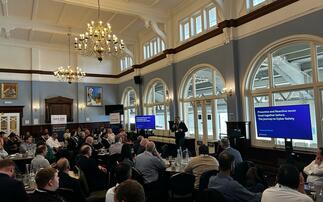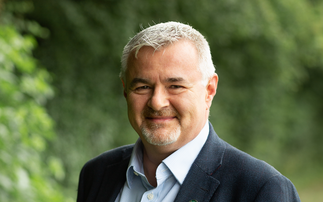In these belt-tightening times even the organisation that manages some 2,200 miles of the UK's waterways seeks to cut its IT costs, as Fleur Doidge discovers
Fibre networking beside the canals will support communications between locations British Waterways has chosen pan-European integrator SCC to be its sole provider of integrated IT across its enti...
To continue reading this article...
Join CRN
- Enjoy full access to channelweb.co.uk - the UK’s top news source for the IT channel
- Gain the latest insights through market analysis and interviews with channel leaders
- Stay on top of key trends with the Insider weekly newsletter curated by CRN’s editor
- Be the first to hear about our industry leading events and awards programmes
Already a CRN member?










